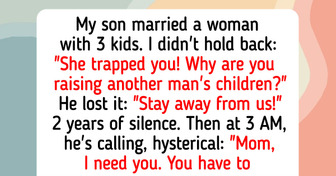I am so sick of people who have kids trying to tell those who choose not to have them they will regret it or change their mind. No the won't! I wanted children but was not blessed with them, that doesn't mean EVERYONE ELSE should want them. Do you know or care how many children are in the world that don't have anyone? Maybe start helping those children first instead of telling others to have more. Use some common sense before giving child free (by choice) people your unasked for and skewed opinion!
I Told My Coworkers I’m Child-Free, Now My Career Is on the Line
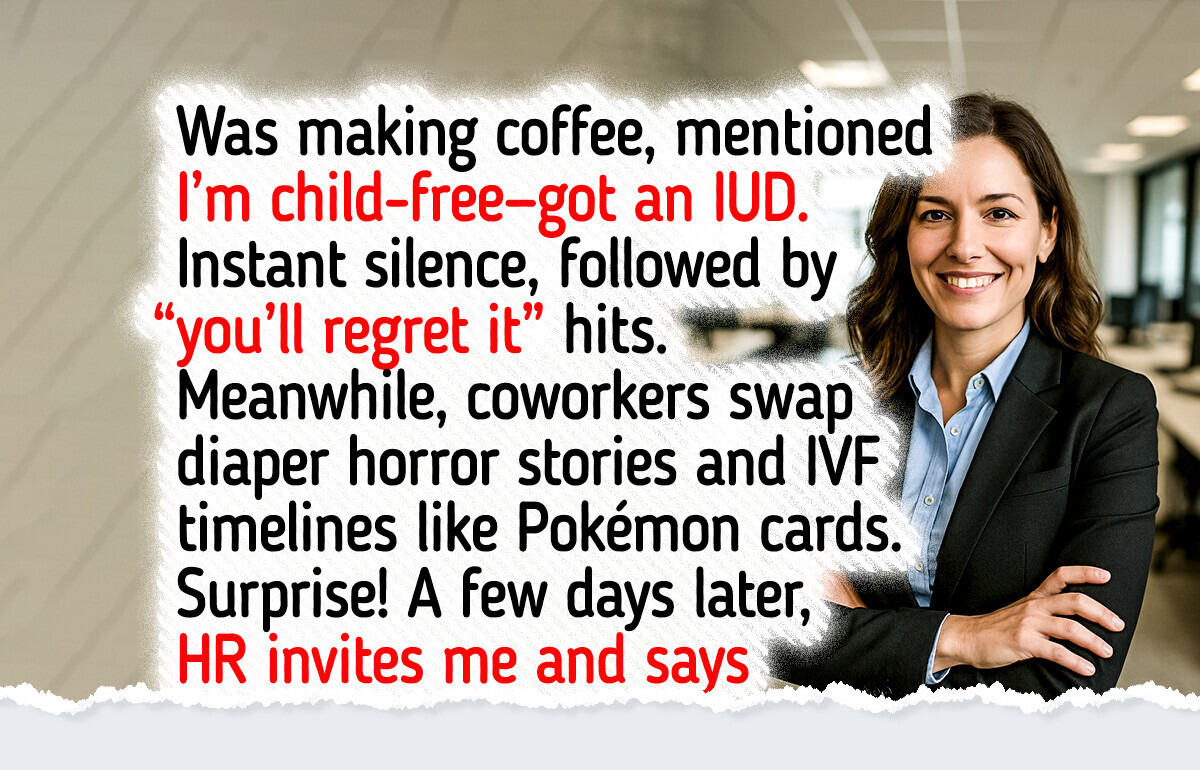
We recently received a shocking story from a reader about a casual chat that turned into a full-blown workplace drama. It all started with an innocent question: “When are you going to start trying for kids?” What happened next spiraled into an HR meeting and changed everything.
Her letter

So I was grabbing coffee in the break room last Thursday, and a coworker casually asked, “So, do you and your husband want a big family or just one or two?”
I replied, “Actually, we’re not having any. I got an IUD and that’s that.”
Immediate silence. Like I’d confessed to burning down a building.
Then come the greatest hits:
“You’ll change your mind!”
“That’s so sad, kids bring so much joy.”
“But what if your partner wants them later?”
I smiled, nodded, went back to stirring my coffee. Thought it was done.
Fast forward to this morning — my manager pings me to “chat real quick.” Apparently someone reported me for “oversharing about reproductive matters.” HR was “just checking in.”
Meanwhile, I’ve heard full-on convos in the office about epidurals, ovulation tracking apps, and toddler tantrums. No issue there, of course.
But me calmly saying “I’m not having kids” = inappropriate?
Didn’t get disciplined, but I’m suddenly persona non grata at team lunches. One guy literally slid his chair away yesterday when I sat down. And surprise — lost a connection on our internal networking platform.
Wild that politely stating a personal boundary = HR concern. But talking about mucus plugs? Totally fine.
Love that for me.
It could be a quiet struggle choosing to be child-free.

Voluntary childlessness, also known as being childfree, refers to the deliberate decision not to have or adopt children. The term childfree was first documented in 1901 and gained broader popularity during the feminist movements of the 1970s.
Today, the number of women choosing not to have children is rising globally, especially in developed countries. In Europe, rates of childlessness among women aged 40 to 44 are highest in Austria, Spain, and the United Kingdom.
Some women become mothers out of fear—fear of regret, stigma, or being alone—rather than true desire. Psychologists see clients on all sides of the decision: those who are certain they want children, those who are certain they don’t, and many who are deeply conflicted.
The choice to become a mother is often a silent battle between your deepest desires and the whispers of societal pressure. It’s about having the courage to listen to your own heart, not the expectations of others.
It’s a decision that can be deeply influenced by the ghosts of your past, from the way you were raised to the trauma you carry. But finding the strength to honestly confront these truths is a profound act of self-respect. Choosing to be child-free is never a simple choice, but allowing yourself the time and space to truly find your answer is the most important step you can take.
The reason why your coworkers can judge you.

Many people rely on something to stay sharp at work—whether it’s a double espresso, anxiety meds, or ADHD prescriptions. But research shows we often judge coworkers for using the exact same tools we quietly depend on ourselves.
When it comes to getting ahead, we all have a secret double standard. We see our own clever shortcuts as justified “enhancements,” but we look at our coworkers’ aids as signs of cheating or weakness. This bias is a silent killer in any competitive space, especially the workplace, where it creates a dangerous stigma around asking for help.
The truth is, most people are getting a boost—they just don’t talk about it. So while you’re brave enough to make a move, remember that the people watching you might be the most afraid to make their own.
Until we confront our own hypocrisy, we’ll keep shaming others for the honesty we can’t show ourselves.
Comments
Every time they start talking about Little Jimmy's diaper rash make sure you report that to HR as well.
Related Reads
I Banned My DIL From Our Family Vacation After She Betrayed Me
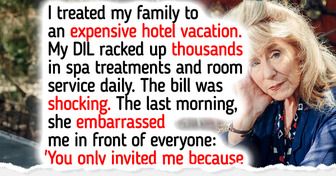
I Kicked My Stepdaughter Out — My Daughter Matters More, and I Won’t Apologize
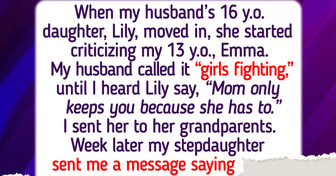
15 Success Moments From Strangers That Deserve All the Golden Buzzers in the World
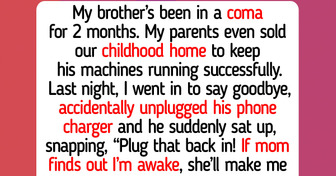
15 Moments That Show Kindness Is Quiet but Changes Everything

10 Powerful Stories That Show Kindness Always Finds Its Way Back
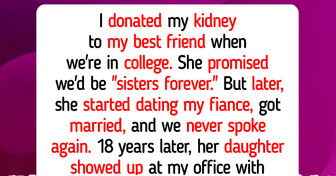
15 Moments That Prove Quiet Kindness Doesn’t Break, Even When We Do
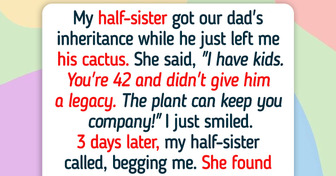
I Refuse to Be My Brother’s ATM Anymore—The Revenge He Planned Was Sick
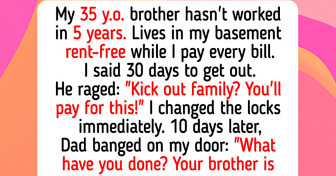
My Family Always Prioritized My Sister—Then Expected Me to Help Them With Medical Bills
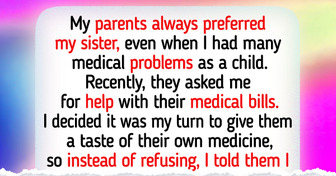
11 People Who Chose Humanity Over Hatred in the Darkest Moments
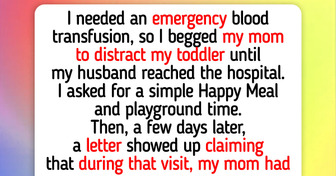
I Refuse to Help My Pregnant Sister, and I Don’t Feel Guilty

12 Stories That Prove Real Kindness Is About Actions, Not Words
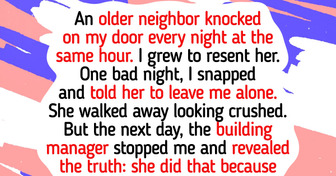
16 Stories That Prove Kindness Still Wins in Our Broken World
